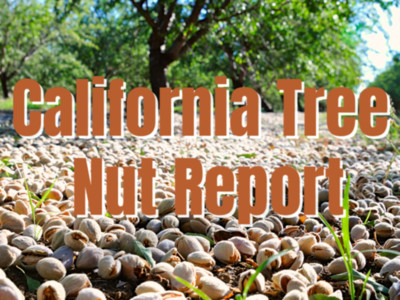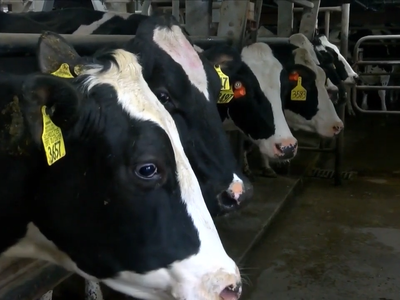Crop breeders embrace haploid induction technology

Tim Hammerich
News Reporter
Plant breeders are looking to a new tool to help farmers improve crop yield, efficiency and resilience. HI-Edit™ technology, or haploid induction editing, is a revolutionary technique that offers a glimpse into the future of genome editing within crop science. Syngenta’s head of technology development Tim Kelliher says this gene editing technology is different from GMOs.
Kelliher… “GMO technology is when we take a foreign piece of DNA, and we put it into the plant using plant transformation, and we create a GMO. CRISPR or gene editing technology and HI-Edit make a change in the existing genome of the plant without inserting a foreign transgene. Through the editing process, we can have crops now that can be resistant to diseases that they normally would be susceptible to, to yield higher, to be able to fix their own nitrogen from the air instead of having to apply fertilizer.”
The revolutionary plant breeding technology gives scientists more opportunities to breed for beneficial traits.
Kelliher… “By HI-Edit, we can deliver these new genome-edited traits directly to the commercial varieties at the end of the breeding process. We're looking at this as the newer commercial lines that, in two or three years are coming out of our breeding process and heading into production. Before we send it off to production, let's add one or two things by HI-Edit. Especially if they're new things that farmers haven't seen before that are really useful.”
Learn more about the HI-Edit technique on Syngenta’s website: https://www.syngenta-us.com/seeds/nk/blog/get-new-traits-to-farmers.












